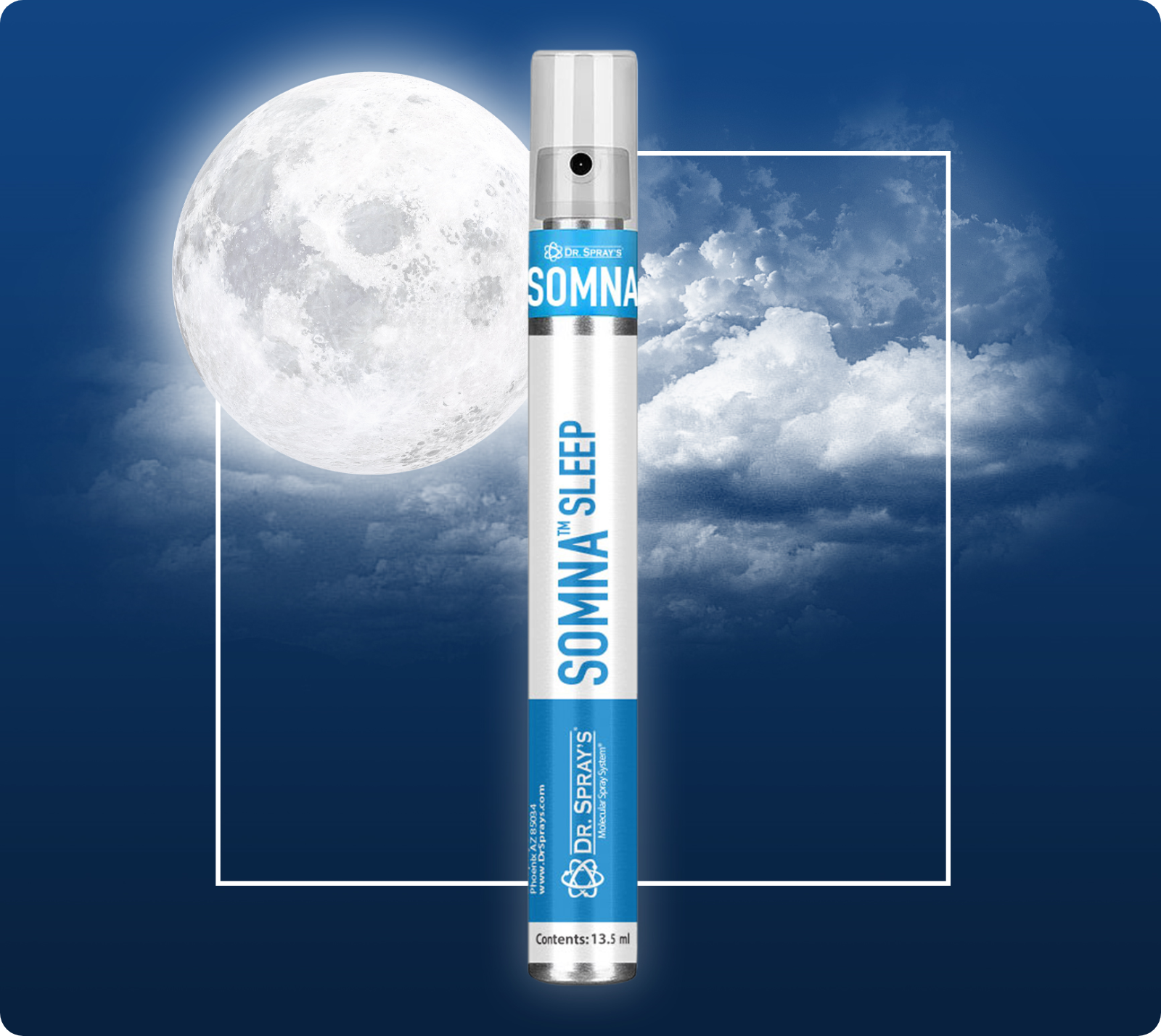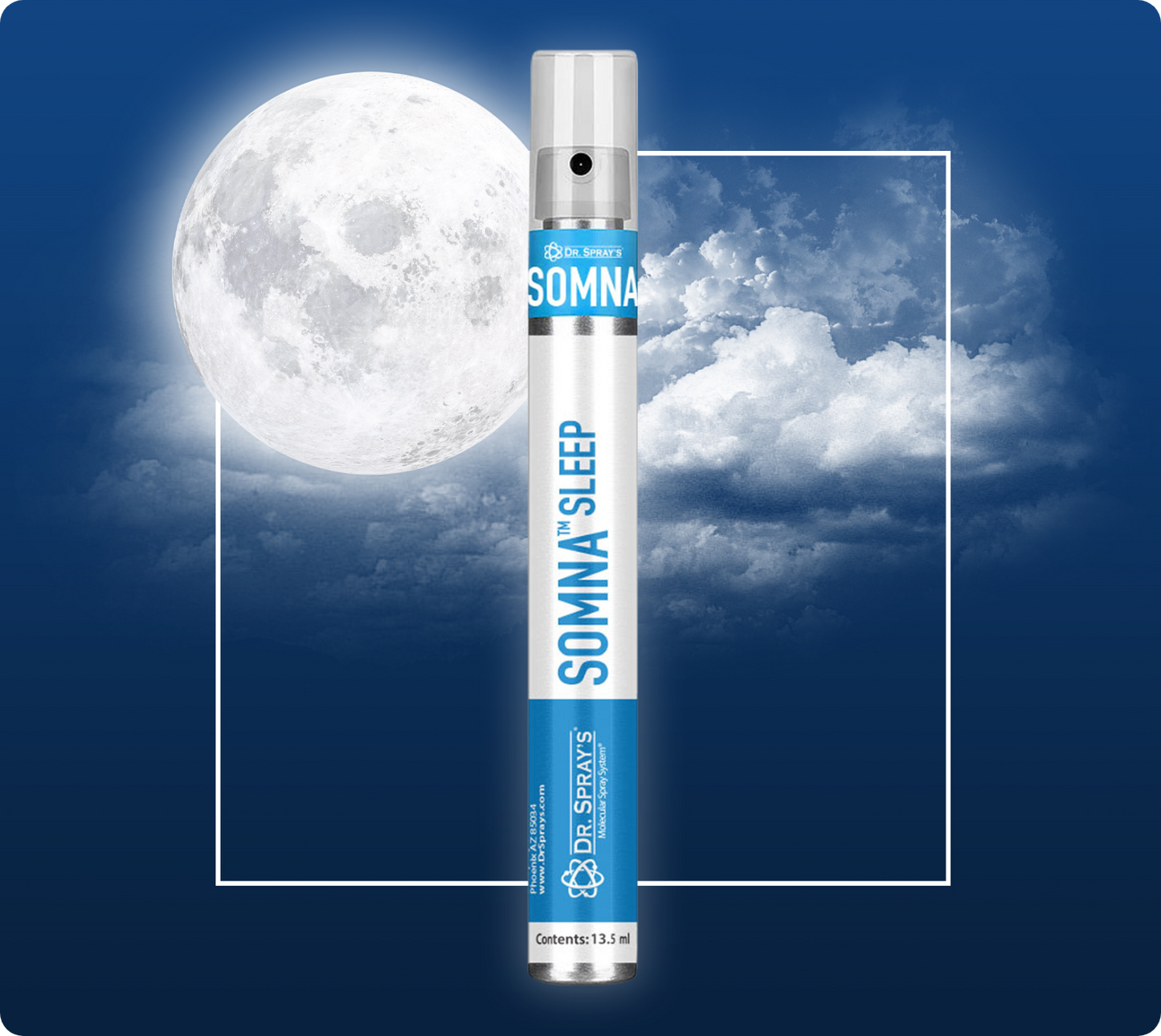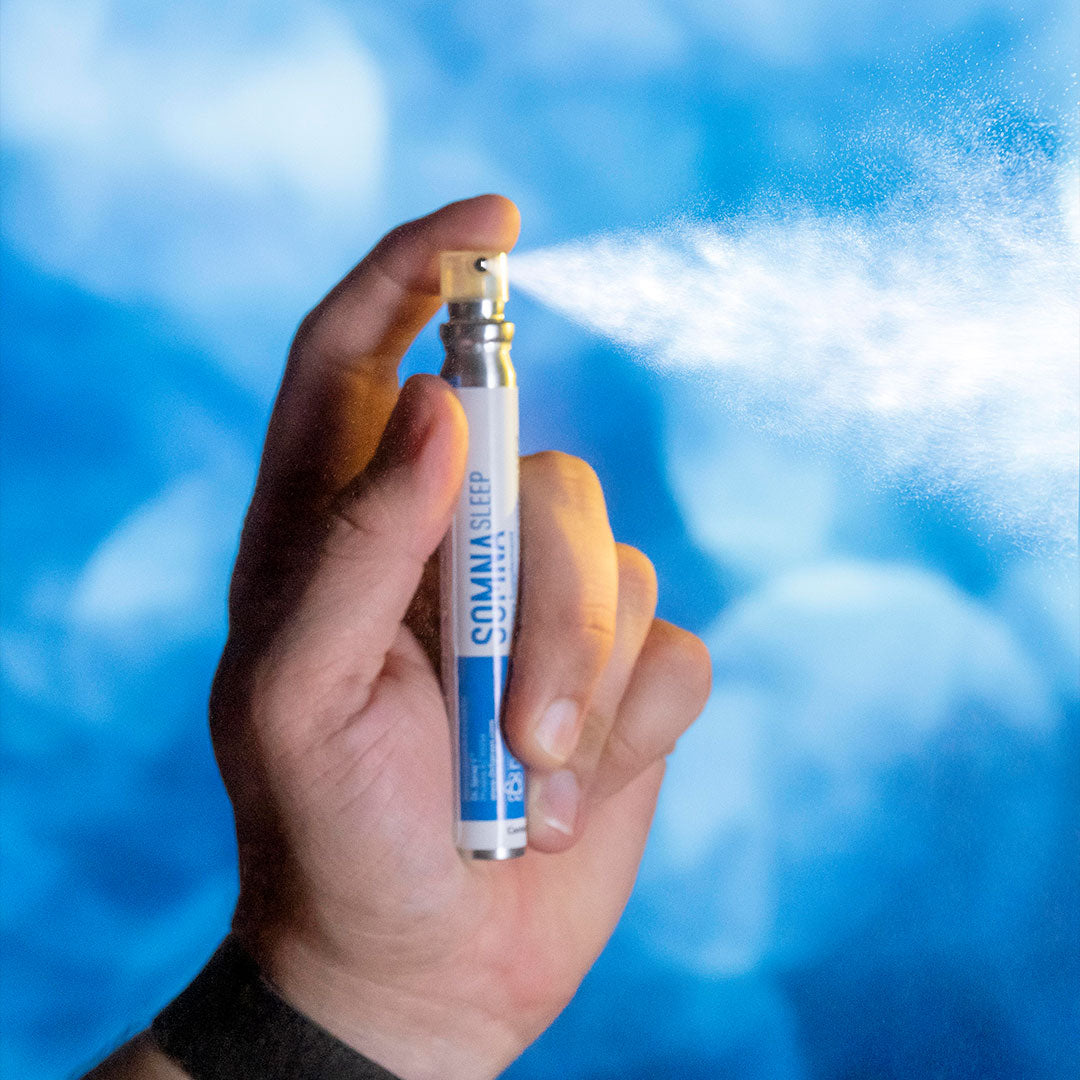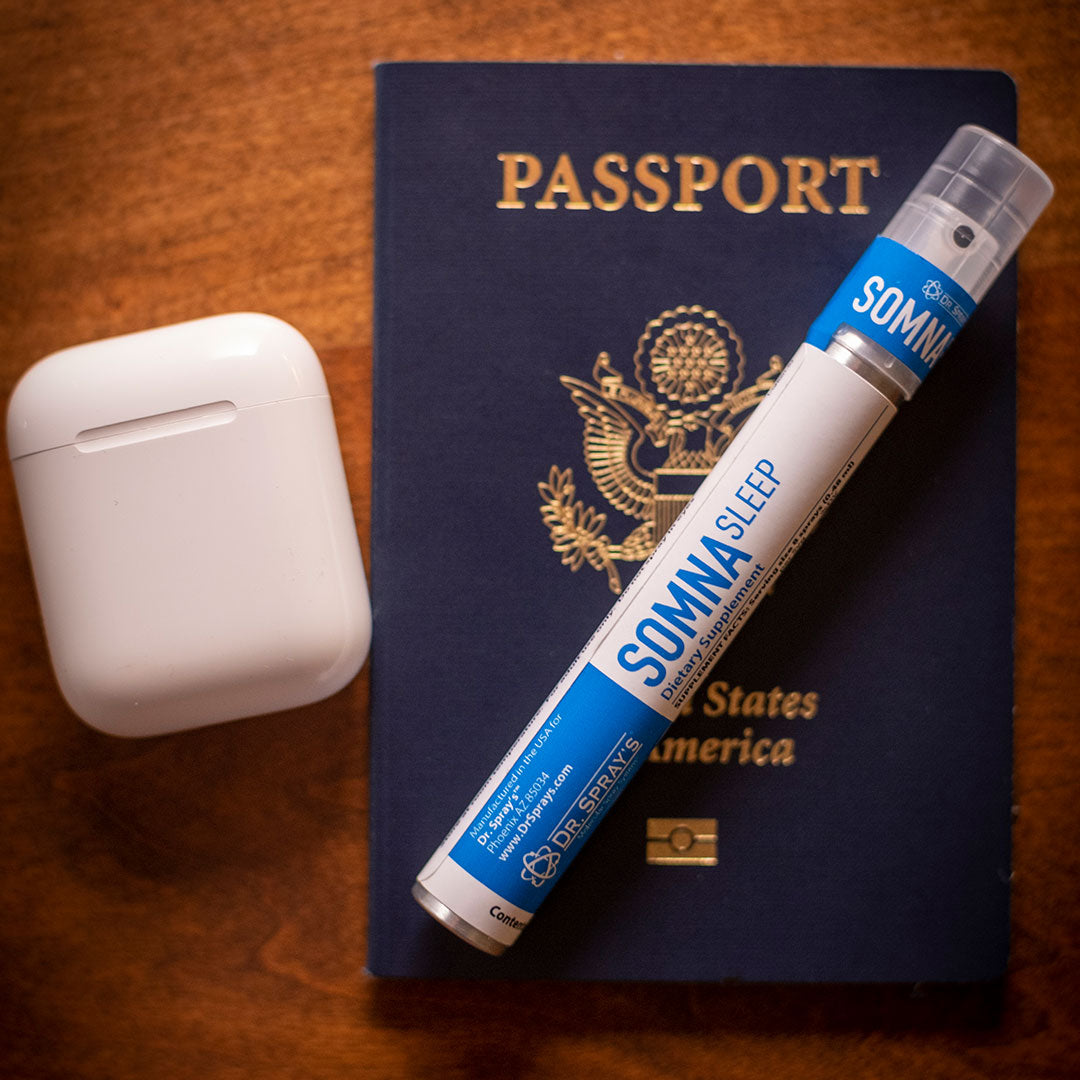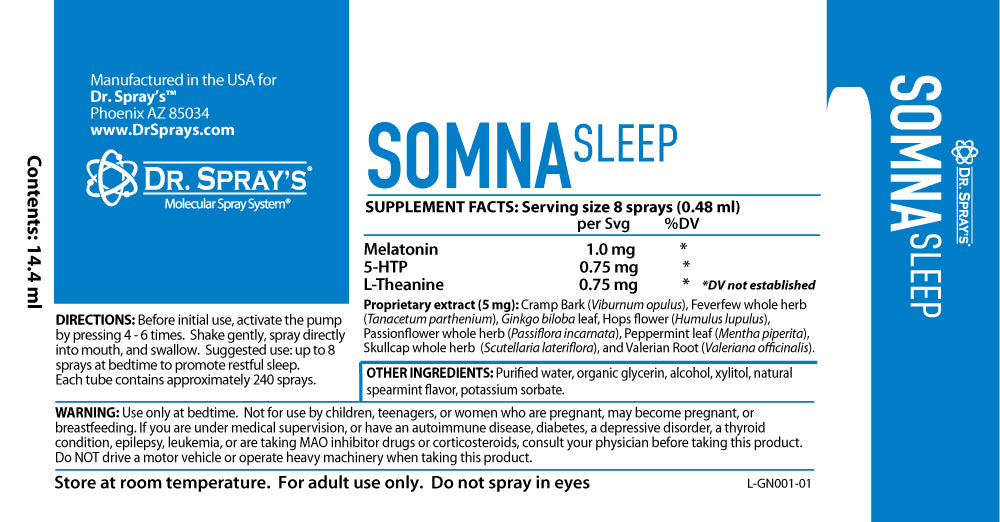When it comes to treatments for insomnia, two of the most popular prescription medications are Ambien and Lunesta. Both offer a fast-acting solution that can help people get the rest they need to function during their day-to-day lives. But is one medication better than the other? Let's take a closer look.
Ambien, also known as zolpidem, has been on the market since 1992. It works by targeting specific chemicals in the brain that cause insomnia. Lunesta, or eszopiclone, is more recently approved and more commonly prescribed for treating mild to moderate insomnia. Although these drugs work in similar ways, there are some differences between them.
First of all, Ambien is typically prescribed for short-term use of up to eight weeks. On the other hand, Lunesta may be used for up to 12 weeks or longer if deemed necessary by your doctor. This may be an important factor for people who are looking for a long-term treatment solution.
When it comes to side effects, both medications carry some risk. But there seem to be more reports of negative side effects associated with Ambien than with Lunesta, including sleepwalking and confusion.
Overall, both medications have been shown to be effective solutions for those suffering from insomnia. The best option will depend on a person's individual needs and preference. Talk to your doctor about which treatment plan is right for you.
Ambien and Lunesta both have relatively low risks of dependency, tolerance, or abuse - however, there are some differences between the two drugs. For starters, Ambien is designed to be taken right before you intend to go to sleep; whereas Lunesta can be taken up to two hours beforehand. This makes Ambien more suited for those who struggle to drift off quickly.
Ambien has been found to work for a wide variety of sleep disorders - including interrupted breathing and parasomnias (sleepwalking). It also works more quickly than Lunesta, coming into effect within 15 minutes when taken on an empty stomach. On the other hand, Lunesta offers more gradual effects which can last up to 7 hours… making it the ideal choice if you wake easily during the night.
It’s worth noting that both drugs may potentially cause side effects like disorientation, confusion, difficulty remembering or dizziness. However, Lunesta has generally been linked with fewer ‘hangover’ effects - such as fatigue or memory impairment - than Ambien.
Ultimately, it’s hard to say whether one is better than another without considering your individual needs and experiences. Your doctor will be able to provide advice on which medication may be right for you.
Which Is Better Zolpidem Or Lunesta?
When it comes to choosing a sleeping aid, it can be difficult to decide between Zolpidem (Ambien) and Lunesta. Both of these medications can help individuals suffering from insomnia, but they have different mechanisms of action and there are pros and cons associated with each one.
Zolpidem is a sedative-hypnotic drug that is used to treat insomnia in adults. It reduces the time needed to fall asleep by inhibiting the activity of some brain cells that normally would delay sleep onset. The effects are short acting — they wear off within one to three hours. Common side effects include drowsiness, dizziness, headache, amnesia, confusion and blurred vision.
Lunesta is an oral tablet containing the active ingredient eszopiclone which is also used for the treatment of insomnia in adults. It acts by binding to specific receptors in the brain known as GABA receptors which help to calm down an overactive mind and help with falling asleep faster. The effects usually last for about 7-8 hours so that you may still feel slightly drowsy when you wake up in the morning.
Pros And Cons Of Using Ambien Or Lunesta
When deciding which one might be better for you it’s important to weigh up the advantages and disadvantages associated with both.
Pros Of Zolpidem:
• Zolpidem may be more effective at inducing sleep onset than Lunesta; • It has a shorter half-life than Lunesta so its effects are shorter; • Side effects are generally milder; • It costs less than Lunesta.Pros Of Lunesta:
• It is longer acting than Zolpidem meaning it can help promote deeper sleep; • There is less risk of developing dependence or addiction compared to Zolpidem because it has fewer withdrawal symptoms; • It may cause less daytime sleepiness than Zolpidem; • It is not broken down to its active metabolites as quickly as Zolpidmen meaning it is less likely to lead to tolerance.Conclusion:
When choosing between Ambien or Lunesta there are many factors to consider, such as your own personal needs and medical history. Ultimately, it’s important to speak with your doctor before making any decisions about which sleeping aid might be suitable for you.
What Sleeping Medication Is Better Than Ambien?
For people who suffer from insomnia, it can be difficult to get adequate sleep. Many people turn to popular prescription sleeping medications such as Ambien (zolpidem) and Lunesta (eszopiclone) for relief. But which one works better, Ambien or Lunesta?
Ambien is a sedative-hypnotic drug and the most commonly prescribed sleeping medication in the United States. It works by slowing activity in certain parts of the brain, allowing you to fall asleep more quickly and stay asleep longer. Lunesta, on the other hand, is a non-benzodiazepine hypnotic that produces a calming effect in your body that promotes restful sleep.
When it comes to efficacy, both drugs have been shown to improve sleep quality significantly. However, research has shown that Lunesta may have an edge over Ambien. Studies have found that not only did Lunesta work faster than Ambien in helping people fall asleep, but it also lasted longer than Ambien—up to three times longer.
Moreover, some studies have suggested that Lunesta may provide more restful sleep than Ambien if taken before going to bed instead of in the middle of the night when signs of sleeplessness appear. This could mean that Lunesta could help to reduce sleep latency (the amount of time it takes for you to fall asleep) while also providing more continuous deep sleep throughout the night.
Ambien also tends to cause more side effects than Lunesta. These side effects can include drowsiness throughout the day, confusion, impaired coordination and concentration, and even memory problems. Additionally, people taking Ambien are at higher risk of developing a tolerance to the drug over time.
In general, both drugs can be effective tools for improving sleep patterns in those suffering from insomnia. However, Lunesta may be preferable due to its greater effectiveness across the board as well as its fewer side effects.
What Is A Good Substitute For Lunesta?
Lunesta is a commonly prescribed sleeping aid that helps those who struggle to fall asleep or stay asleep. While Lunesta can be effective in treating insomnia, some patients may find they are unable to tolerate its side effects, or the medication simply may not work. In such cases, there are alternatives to consider. One such option is Ambien, which is an effective sleep-inducing medication.


